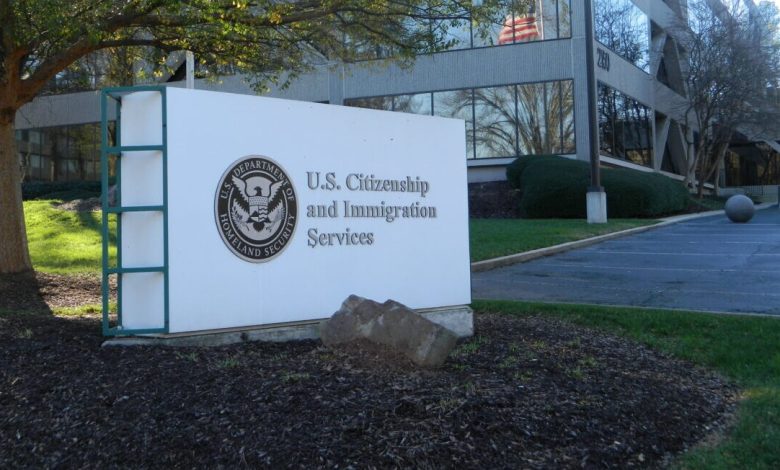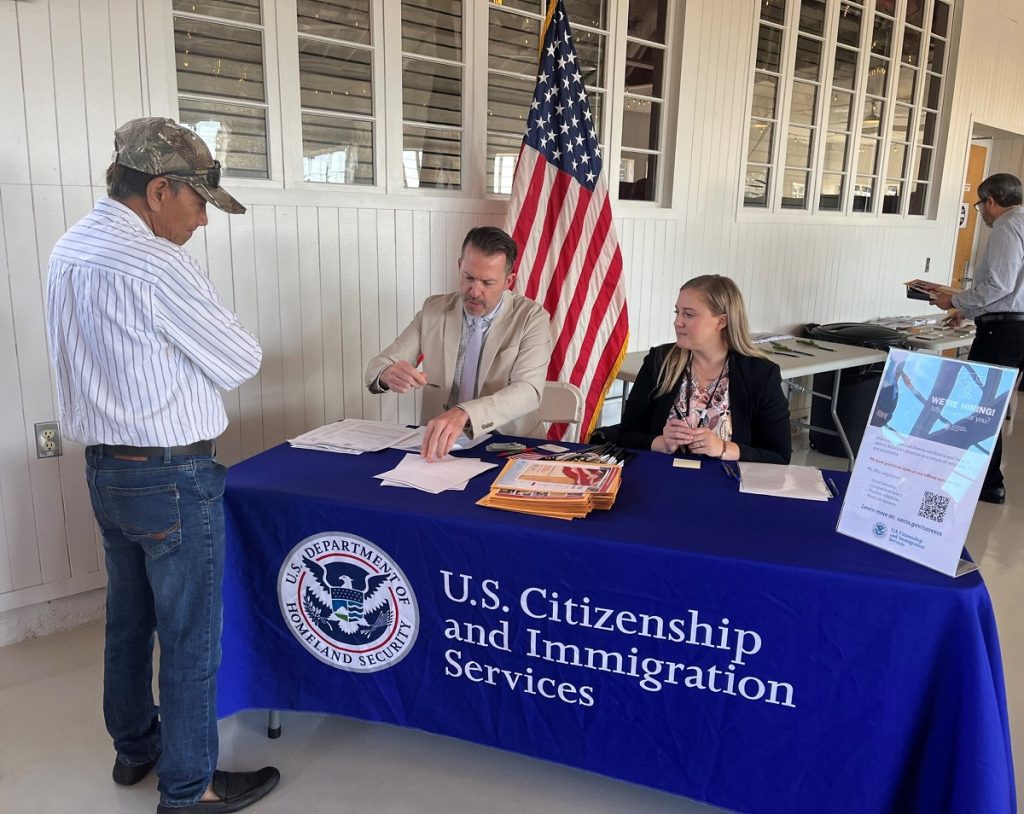U.S. Ends Automatic Work Permit Extensions for Immigrants, Affecting Thousands
DHS reverses Biden-era policy, raising fears among asylum seekers and temporary workers ahead of October 30 implementation

The U.S. Department of Homeland Security (DHS) has announced it will end the automatic extension policy for immigrant work permits, a move expected to affect hundreds of thousands of asylum seekers and temporary residents across the United States.
The decision, which takes effect Thursday, October 30, marks a reversal of the Biden administration’s previous policy aimed at protecting immigrants from losing their jobs while waiting for work authorization renewals.
Under current rules, applicants renewing their Employment Authorization Document (EAD) receive an automatic extension of up to 540 days, allowing them to continue working legally until the U.S. Citizenship and Immigration Services (USCIS) processes their applications. The new rule eliminates that extension — meaning any immigrant whose permit expires will no longer be allowed to work until a formal decision is issued by USCIS.

DHS Work Permit Changes Spark Concern Among Immigrants and Employers
The policy affects multiple categories, including asylum seekers, green card applicants, spouses of H, L, and E visa holders, Temporary Protected Status (TPS) beneficiaries, Violence Against Women Act (VAWA) applicants, citizens of Micronesia, Palau, and the Marshall Islands, and family members of lawful permanent residents.
The DHS said the decision aims to strengthen national security, noting that immigrants will now undergo more extensive security checks, including criminal record reviews and biometric data collection. However, the agency acknowledged that some immigrants could lose their jobs, even if they submitted renewal requests on time.
According to DHS data, between 293,000 and 450,000 people apply for work permit renewals annually, with approximately 49,000 applications processed each month. While the department claims the rule will help speed up case processing, it also admitted that delays are likely to persist.
The decision has sparked widespread concern among immigrant communities and employers — particularly in industries that rely on temporary labor — and is expected to reignite the national debate over federal immigration policies under a potential Trump administration.



